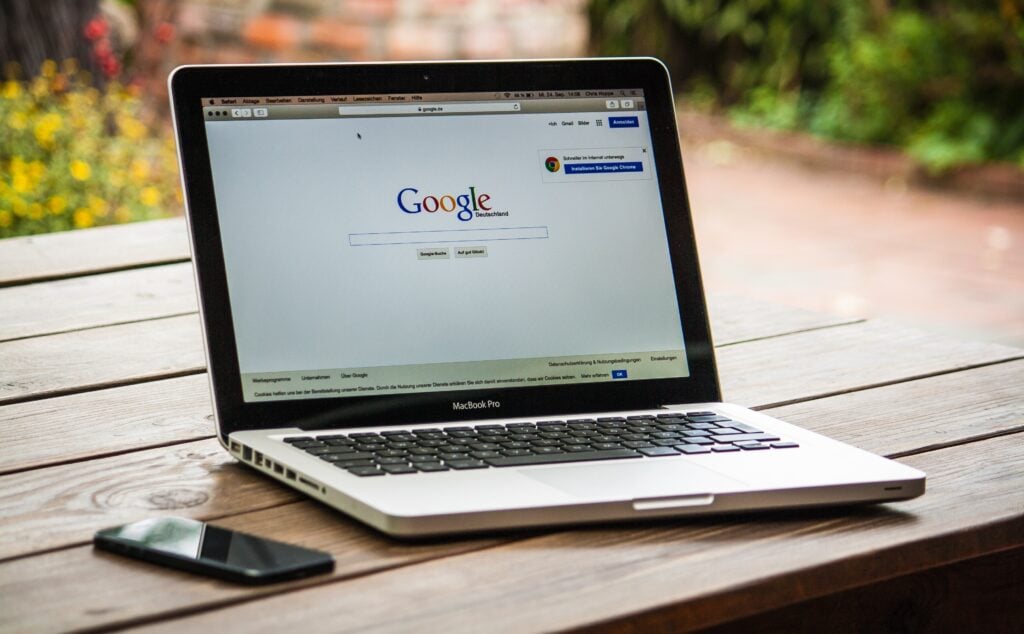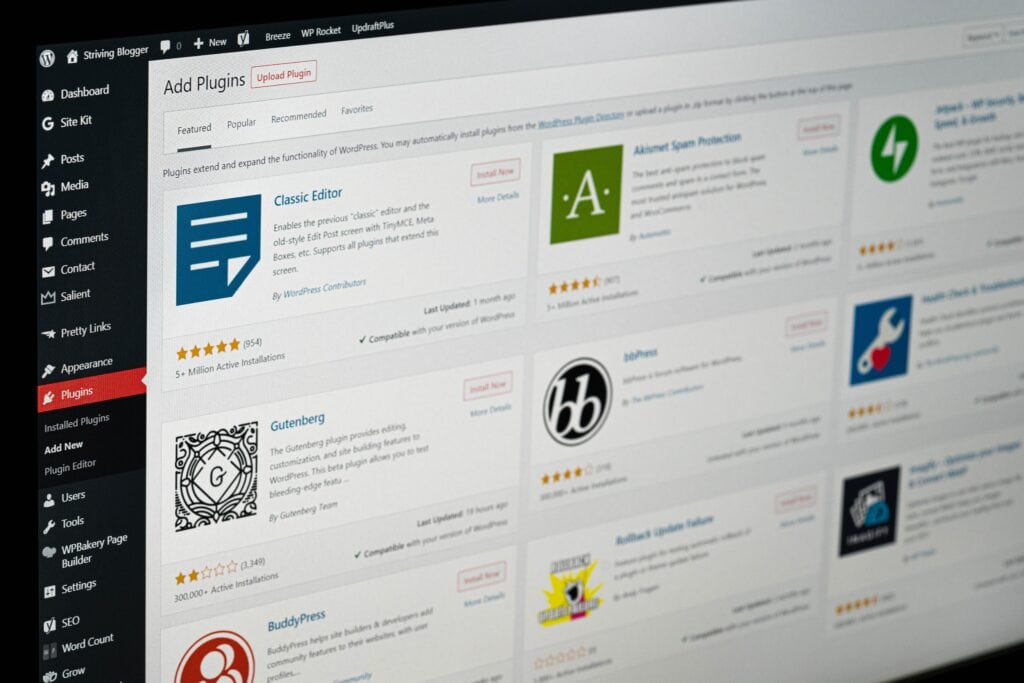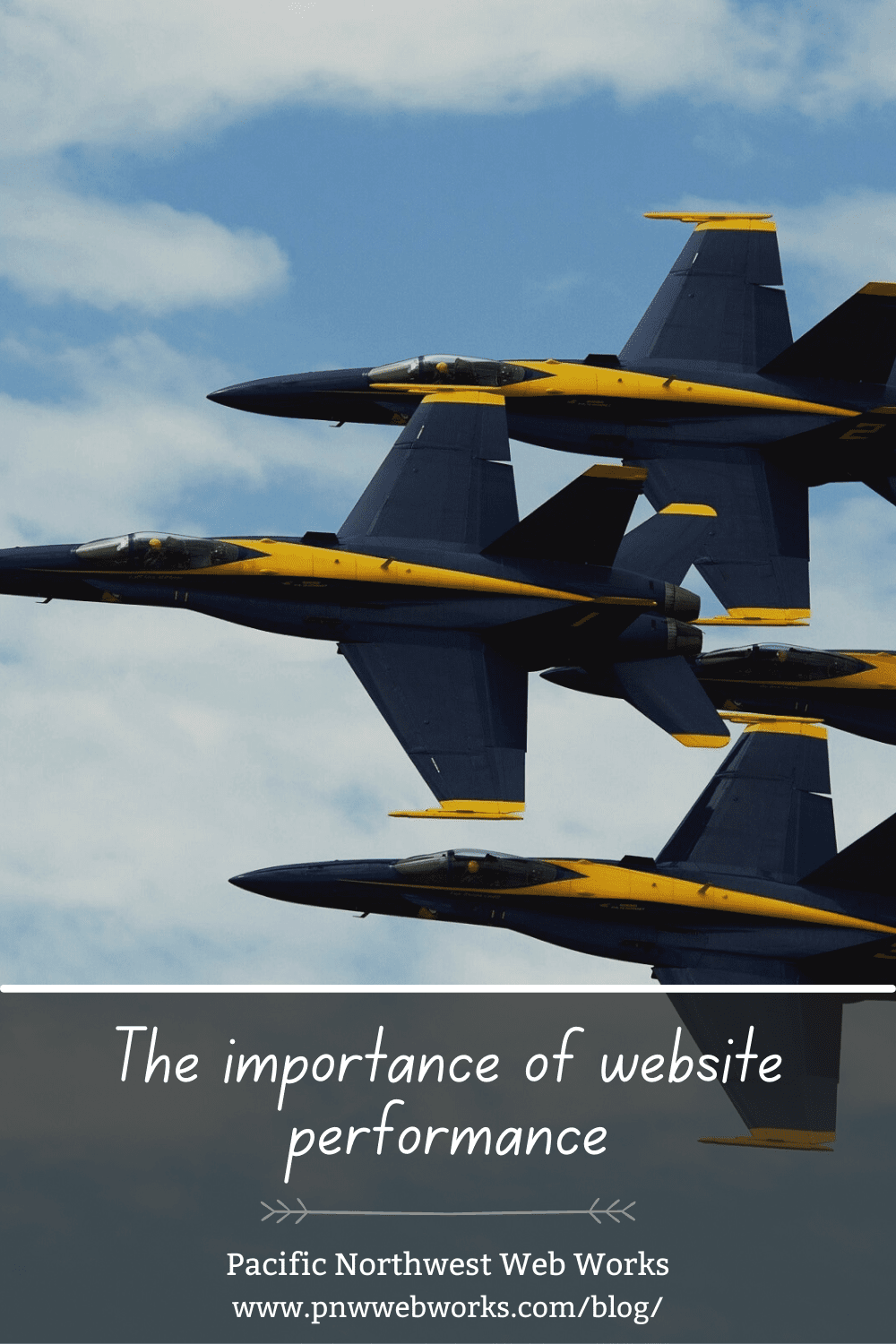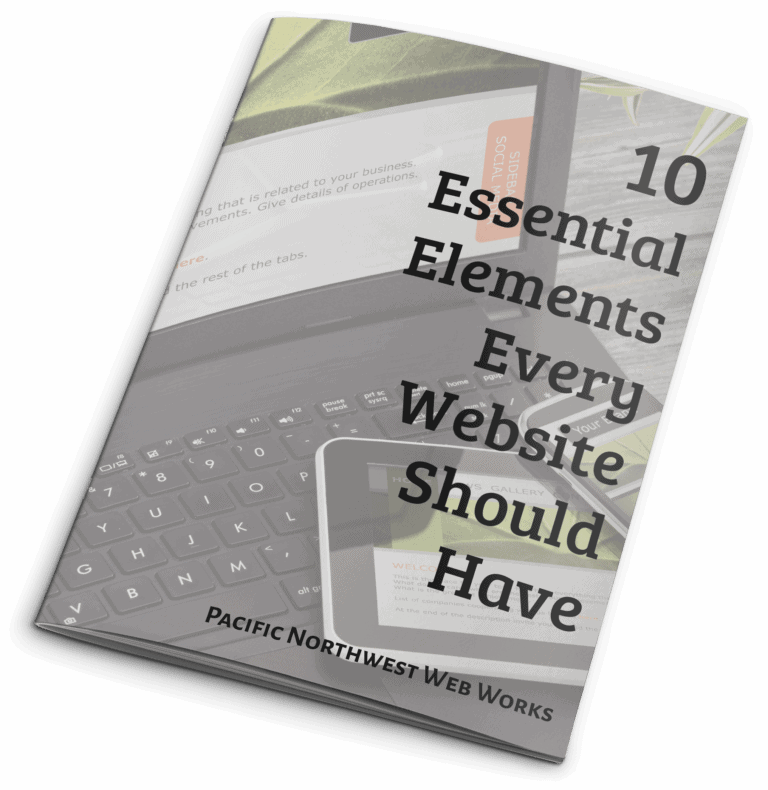We constantly hear about websites needing to be fast. Or that people only have a 3-second attention span. Or to rank on Google, your website must load quickly. It’s also a common selling point for many design agencies.
So why is there this big push for performance on a website? Is it needed? Let’s talk about the areas where performance matters, and what that actually means for not only your website but your visitors.
Myth: Google will only rank those that are fast
You may think I am lying here. Or maybe you have heard about the “Core Vitals” as how Google wants your website to be fast. And there is a very good reason for that. But it’s not the one you think.
Google’s entire business is built on getting you what you are looking for. All search engines are. And they want to provide that to you in the fewest clicks possible. Because in doing so, you will continue to use their services and view more ads.
This means that the site they think is most relevant will come up first. The next site will be slightly less relevant and so on. The content is the most important factor.
So, with that in mind, what does speed have to do with that?
The answer is simple. Let’s say Site A and Site B can both answer your question. Both have well-written articles. But let’s say Site B loads in 1.5 seconds and Site A loads in 5 seconds. Which site do you think will give you the answer you are looking for faster? Site B of course. So, Site B will rank higher in this case.

How about a case of Site C, which is a local business site, over Site B, which is from a business nowhere local to you, and your query includes local data (EG: plumber, my city, state). Site C loads in 4 seconds. But it is the most relevant site to the request you made. In this case, Site C will probably show up higher than Site B.
It’s all a matter of context. Speed is the tiebreaker.
Speed is still important
So now we know why Google says speed is important. But let’s throw them aside for a minute. Why else would speed be important?
This is where you should care the most. It comes down to the experience of the visitors to your site. A site that loads faster feels more relevant to those browsing it. A fast load time can equal larger sales and happier customers.
Pretend for a minute that you are on Amazon and every single page takes 8 seconds to load. Odds out you won’t be sticking around for long. But if the pages only took a second to load? Now you are shopping.
People don’t like to wait. It has been trained into us. The younger we are the worse it gets, too. That 3-second or 5-second thing you keep hearing about is because we have been trained that way.
If you are part of a younger generation, you might not even know any different. When I was a kid, we started with dial-up internet. The websites were old, not fancy, and slow. Sites today have evolved with the increase in internet speeds.
I think we are all guilty of this desire for speed.
So, making it load fast is better for sales. That’s a win for you. But how does that serve your customer?
Fast websites serve those who use them better
By focusing on the performance of your website, you are sending a message to every visitor you get. In fact, you are sending two messages.

The first message you send is that you care about their time. A fast-loading website is like saying “Thank you for stopping by, and I value your time, so I don’t want you to wait.” It’s a gesture that you are committed to making their life just a little bit better.
The second message is that you care about their bills. There is still a shockingly large amount of people out there who must pay for data overages or flat out don’t have a lot of data at all. And not just on mobile devices either. Home internet services can have the same limitations.
By caring about website performance, you are doing everything in your power to make your website faster and smaller. And when every page of your website is smaller, they save data. Instead of downloading every photo on your site at full size, they only grab exactly what they need and when they need it.
How do I make my website faster?
Website performance is a combination of many different factors. But some affect the site much more than others. Because of this, focusing on a few key spots can lead to dramatic improvements, without lots of time or money.
Hosting Performance
Hosting is probably one of the biggest factors. The majority of the websites on the internet run on shared hosting services. And depending on the combined load of that shared hosting, the server your website lives on could have hundreds or even thousands of other websites with it.
This creates many variables in the load of the server at any given second. And if the hardware or memory allocated to each site is not enough, the website will suffer, along with the visitors.
Always choose the best possible hosting you can for your website. This is never the one spot you should go cheap and hope for the best.
I prefer to recommend hosting companies that provide dedicated resources, or virtual private servers. These are the fastest solution and rarely are you sharing with others.
Image sizes and compression
The next big win you can have for your site is image sizes. I have seen it time and again where website owners will upload new photos and not put any time into choosing the right size, cropping, or anything else.

This not only makes the website more bloated than it needs to be but also leads to bad experiences for the visitors. If they must load a large image in a space that a smaller one could do, you are wasting their time and bandwidth.
There are tools out there for WordPress that allow you to resize and compress the images, either at the time of upload or in advance of doing so. These tools tend to strip some of the extra data in the image, and many will create a near flawless compressed version while saving huge amounts of space and bandwidth.
I have seen sites with images that are 8 Mb on a page load. This is a horrible experience. I have also seen clean sites that save an average of 70% off their images. That means that they are sending potentially 70% less to their visitors.
My favorite tool for WordPress is ShortPixel.
Caching & Code Cleanup
The last method to speed up a site is not always the easiest to accomplish. Caching involves telling the guest browser that this file changes rarely, so download it, but don’t re-download it constantly. This saves the visitor time and data in one swoop.
Some of the tools will even create semi-static versions of pages so they serve even fewer files to the visitors. A good caching tool will also clean up the code and remove extra spaces or even unnecessary files from that page. This again decreases page size and creates a better user experience.
Lazy loading is another common feature that can improve the experience. This is the term used to describe when the page only loads pictures and videos that are in the visible section of the browser. By doing this, you are only loading items the user needs and nothing below that until they need it. If they only visit half the page, they only get half the photos.
The reason I say it is not always the easiest is that it relies on everything working well. In most cases, a well-tuned site can enable caching without any issues. But it can just as easily cause missing parts on a page for guests, or unusable parts for some users. The most common I see with this one is the mobile menu not loading or showing for mobile users.
The other big issue with caching is you are creating a semi-static site. This means eCommerce stores could end up with checkout pages not working, or items disappearing from the cart. Not a good experience for the owner or the guest.
If you are choosing a caching plugin, be sure to check with your hosting company to ask what they recommend and even allow. Some plugins are banned on some hosts because they can cause more problems with not only your site but others as well.
Conclusion
Website performance is not something that you should only care about for S.E.O. purposes. Sure, a well-tuned site will potentially help you rank better. But that should not be the main reason. It should be something you want to do to better your visitor’s experience.
When you take the time to make your site better, you improve others’ lives. Isn’t that the goal of most businesses anyway? And in doing so, often you will improve your bottom line.








